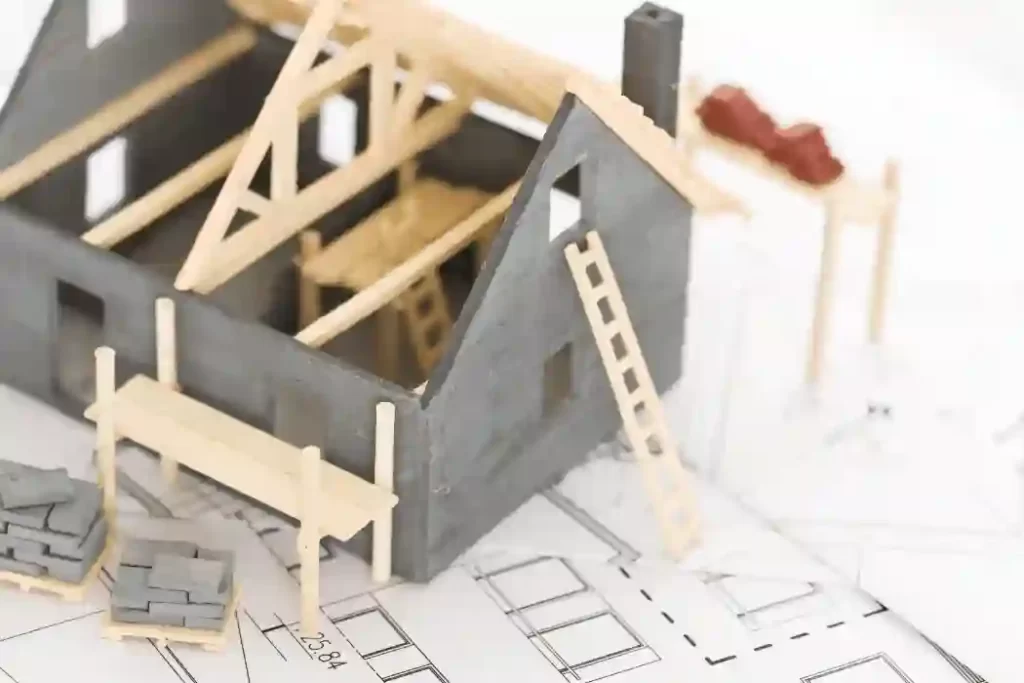Building a home Construction is a dream come true for many people. It is a significant investment that requires careful planning and attention to detail. One of the most important aspects of building a home is choosing the right building materials. The materials you choose will determine the quality, durability, and overall appearance of your home. In this article, we will discuss how to choose the right building materials for your home construction.
Consider the climate
The climate of the area where you are building your home plays a vital role in determining the type of building materials you should use. For instance, if you are building in an area with high humidity, you should consider using materials that are resistant to moisture, such as treated lumber and metal roofing. Similarly, if you are building in an area with extreme temperatures, you should consider using materials that can withstand the weather conditions, such as insulated concrete forms or SIPs (structural insulated panels).
Durability
Durability is a critical factor when choosing building materials for your home. You want to invest in materials that will last for many years and require minimal maintenance. Some durable building materials include brick, stone, concrete, and metal. These materials are resistant to weather conditions and pests and require little upkeep.
Aesthetics
The appearance of your home is another important factor to consider when choosing building materials. You want to choose materials that match the architectural style of your home and enhance its curb appeal. For instance, if you are building a modern home, you might consider using materials such as glass, steel, and concrete. On the other hand, if you are building a traditional home, you might consider using materials such as brick, stone, and wood.
Cost
The cost of building materials is a crucial factor to consider, especially if you are working on a tight budget. Some materials are more expensive than others, and it is essential to weigh the cost against the benefits of using those materials. For instance, while metal roofing may be more expensive than asphalt shingles, it is more durable and requires less maintenance, making it a better long-term investment.
Transform your living space with our expert home renovation services, ensuring exceptional craftsmanship and attention to detail in every aspect of your home construction project.

Environmental impact
Environmental impact is becoming an increasingly important factor in home construction. Many people are looking for ways to build homes that are eco-friendly and sustainable. When choosing building materials, you should consider the environmental impact of the materials and their long-term sustainability. Some eco-friendly building materials include bamboo, reclaimed wood, recycled steel, and concrete.
Energy efficiency
Energy efficiency is another crucial factor to consider when choosing building materials. Energy-efficient materials can help reduce your energy bills and lower your carbon footprint. Some energy-efficient building materials include SIPs, insulated concrete forms, and double-pane windows.
Maintenance
Maintenance is an important factor to consider when choosing building materials. You want to choose materials that require minimal upkeep and maintenance. Some materials, such as vinyl siding and metal roofing, require little maintenance, while others, such as wood siding and asphalt shingles, require regular upkeep.
Availability
The availability of building materials is another important factor to consider. You want to choose materials that are readily available in your area to avoid delays and additional costs. For instance, if you live in an area with a shortage of brick or stone, it may be more expensive to import those materials, increasing the overall cost of your home construction project.
Conclusion
Choosing the right building materials for your home construction is a critical decision that requires careful consideration of several factors. You want to choose materials that are durable, aesthetically pleasing, cost-effective, eco-friendly, energy-efficient, and low maintenance. By considering these factors, you can ensure that your home is built to last and meets your needs and preferences.

